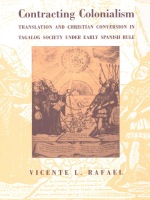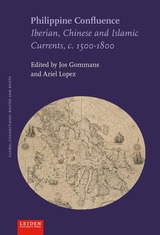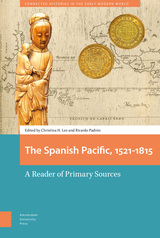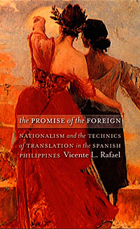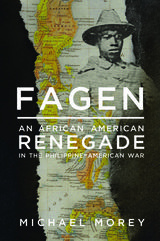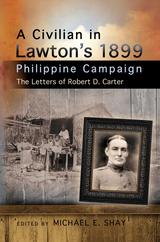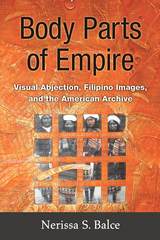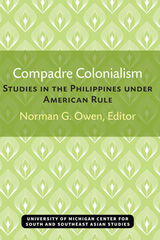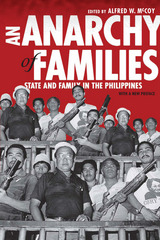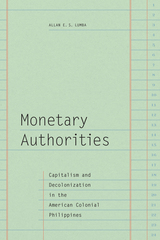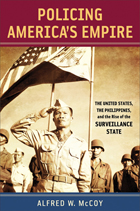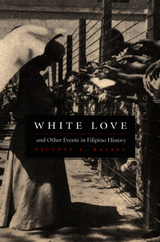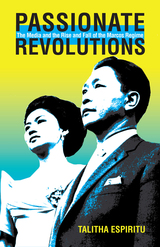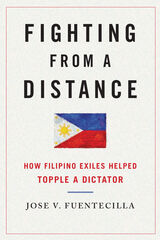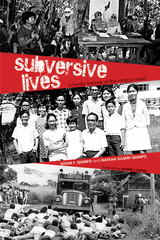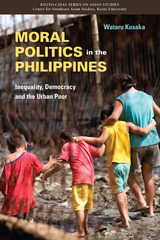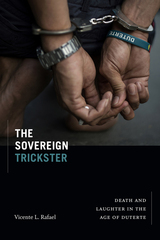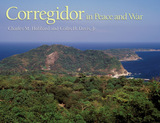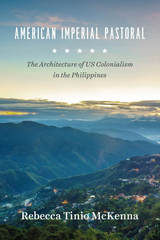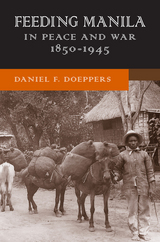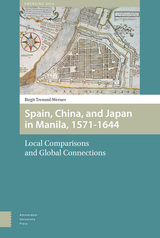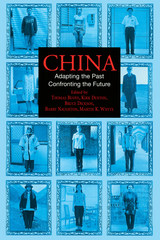eISBN: 978-1-57233-798-5 | Cloth: 978-1-57233-757-2
Library of Congress Classification DS685.8.H47K36 2011
Dewey Decimal Classification 959.903092
Ethel Thomas Herold (1896–1988) was an ordinary person caught up in extraordinary
circumstances—a woman whose sense of patriotic duty took her from small-town Wisconsin to the Philippines in 1922. There, with but a couple of brief interruptions, she would spend the next thirty-seven years, including three in a Japanese internment camp during World War II. In Citizen of Empire, Theresa Kaminski uses Ethel’s experiences of war and imperialism to explore a unique example of how those enormous forces helped shape Americans’ notions of citizenship and patriotism in the first half of the twentieth century.
As Kaminski’s absorbing narrative reveals, Ethel’s views of active patriotism began to form early on when her oldest brother became a schoolteacher in the Philippines in 1901 at the end of the Spanish-American War. After college and marriage, Ethel and her husband Elmer Herold went to the islands to teach in the public schools—a way, in her view, of spreading American ideals abroad. She quit teaching in 1927 to start a family but continued to support U.S. imperialism through her colonial household and club work. Her comfortable expatriate life fell apart, however, when the Japanese attacked the Philippines in 1941: the colonial elite were now powerless prisoners. After the war, wishing to help the people who had supported them during the occupation, Ethel and Elmer Herold stayed in the islands, but after Philippine independence came in 1946, they increasingly found themselves strangers in a place they had long called home. In 1959 the couple returned to Wisconsin, where Ethel remained politically active and saw the solution
to America’s Cold War problems in the conservative wing of the Republican Party.
Ethel Thomas Herold was a woman of forceful personality. Marked most notably by her strongly held views on patriotism and citizenship, her transpacific life offers a remarkable
instance of how the personal and political came together during the “American century.”
Theresa Kaminski is professor of history at the University of Wisconsin–Stevens Point and the author of Prisoners in Paradise: American Women in the Wartime South Pacific.
See other books on: 1898-1946 | 1946-1986 | Americans | Citizen | Philippines
See other titles from University of Tennessee Press


